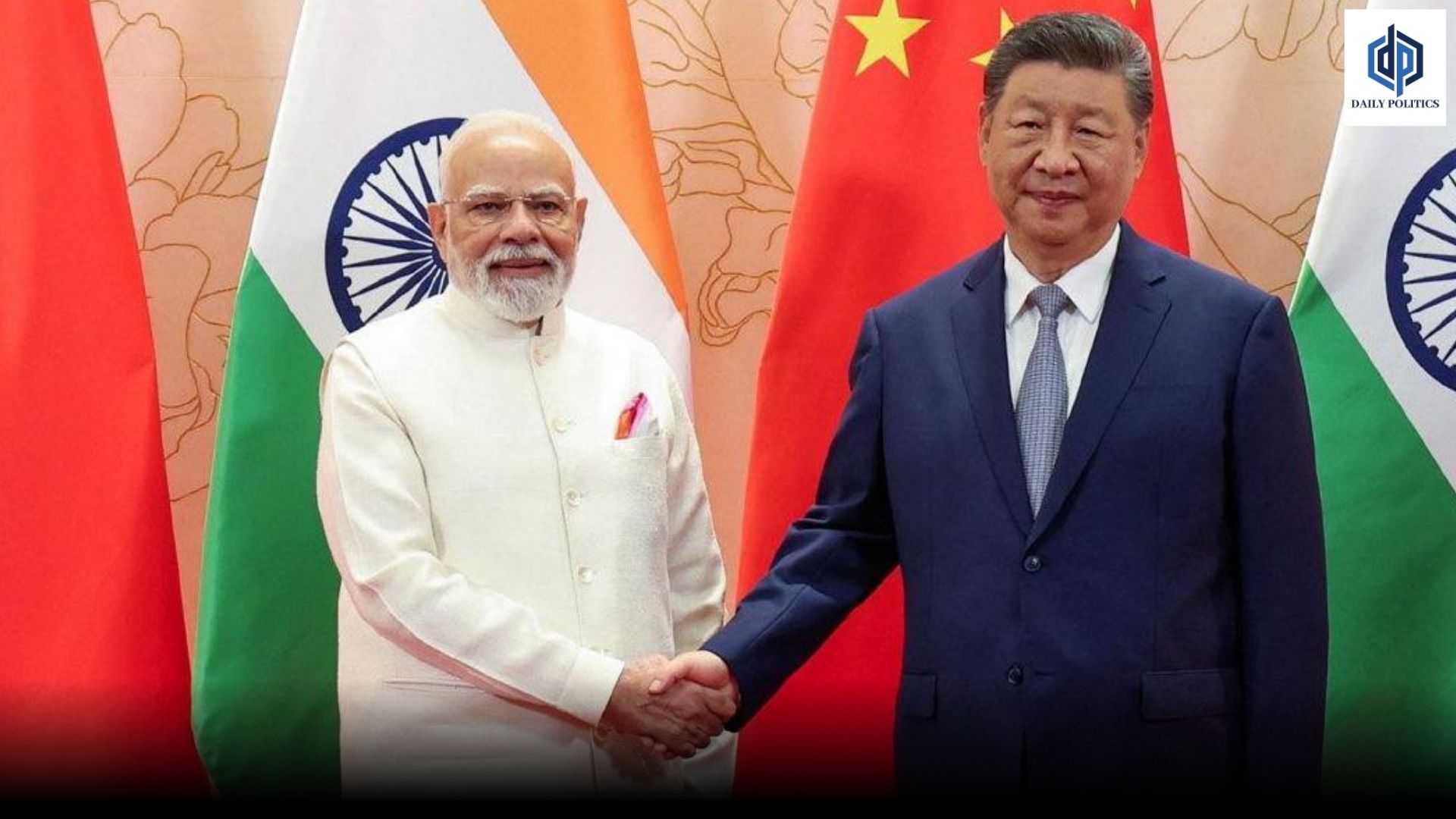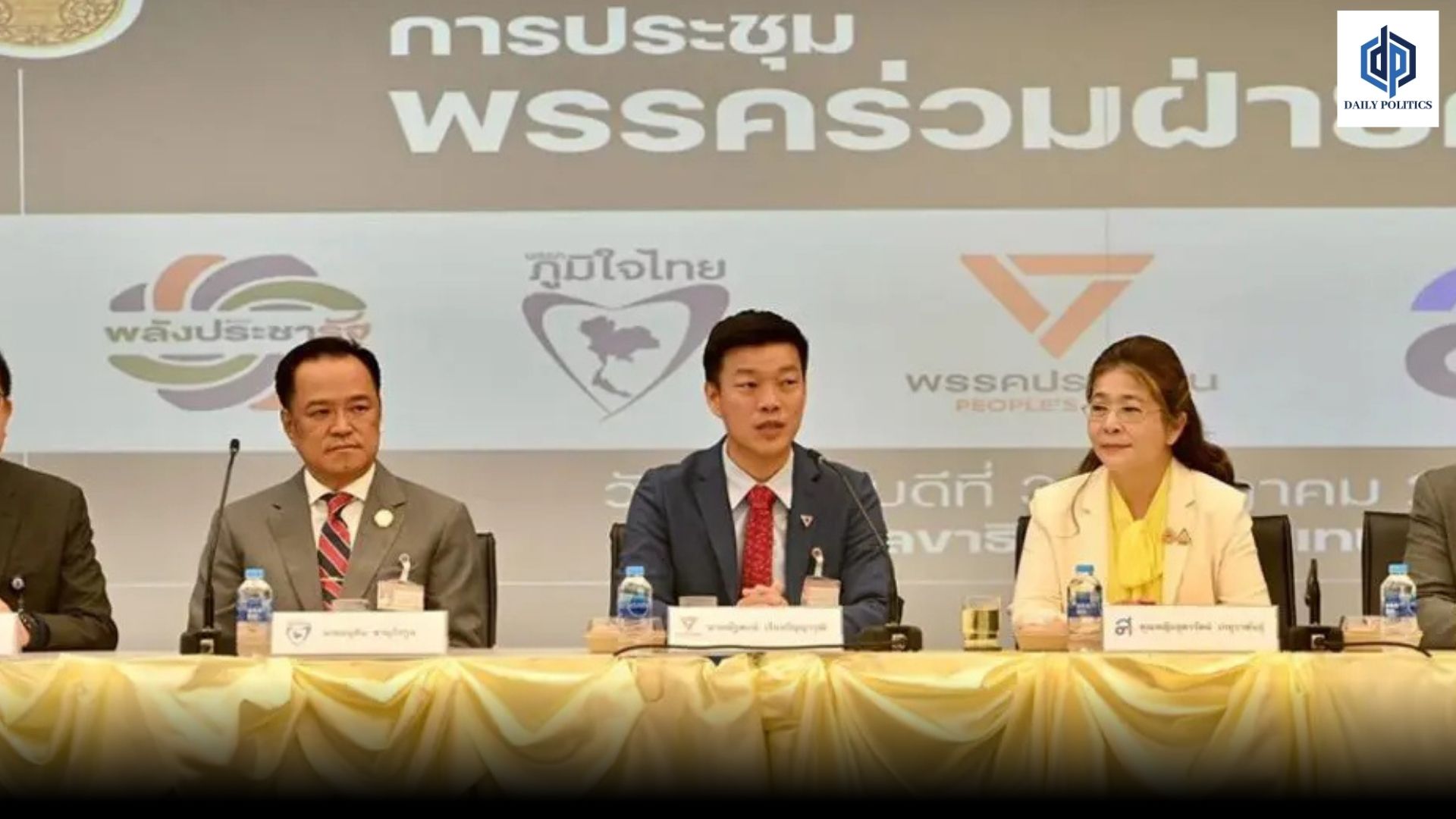Singapore has declared that it is facing a “serious” cyberattack targeting its critical infrastructure, with officials attributing the breach to an espionage group believed to be connected to China, according to expert analysis.
In a speech delivered late Friday, Coordinating Minister for National Security K. Shanmugam highlighted the significant threat posed by the attack, which is characterised as an Advanced Persistent Threat (APT), to the city-state.
An Advanced Persistent Threat (APT) is characterised by a cyberattack in which an intruder gains and sustains unauthorised access to a target, often remaining undetected for an extended duration.
“It is important to note that the situation is serious and continues to develop.” “It has been identified as UNC3886,” he stated.
Shanmugam, serving as the Home Affairs Minister, refrained from providing details regarding the sponsors of the group or the source of the attack.
Google-owned cybersecurity firm Mandiant has characterised UNC3886 as a “highly adept China-nexus cyber espionage group.”
According to Minister Shanmugam, APT actors are known for their tactics of stealing sensitive information and causing disruptions to critical services, including healthcare, telecommunications, water supply, transportation, and power systems.
“Should it succeed, it has the potential to engage in espionage and create significant disruption for Singapore and its citizens,” he stated.
A breach of Singapore’s power system could disrupt the electricity supply, leading to significant repercussions for essential services, including healthcare and transportation.
Economic implications are also present. The functionality of our banks, airports, and industries would be severely compromised. “The potential impact on our economy could be significant,” he stated.
From 2021 to 2024, there was a significant rise in suspected Advanced Persistent Threats (APTs) targeting Singapore, with a fourfold increase.
In 2018, a significant cyber breach occurred within a public healthcare cluster, compromising the medical records of approximately 160,000 patients, including then-Prime Minister Lee Hsien Loong.
On Saturday, the Chinese embassy in Singapore expressed its “strong dissatisfaction” regarding media reports that link UNC3886 to China.
The embassy issued a statement asserting its “firm opposition to any unwarranted smearing of China,” adding that “in fact, China is one of the main victims of cyberattacks.”
The statement emphasised that China is resolutely against and actively combats all types of cyberattacks in line with legal frameworks. China has made it clear that it does not endorse, promote, or tolerate hacking activities.
According to Satnam Narang, a senior staff research engineer at the US-based cybersecurity firm Tenable, the attack on Singapore’s critical infrastructure highlights the significant challenges posed by advanced persistent threat (APT) actors.
“Addressing these elusive adversaries is proving to be more challenging as the size and intricacy of the IT infrastructure that both organisations and nations need to protect expands,” he stated.













